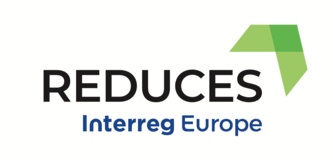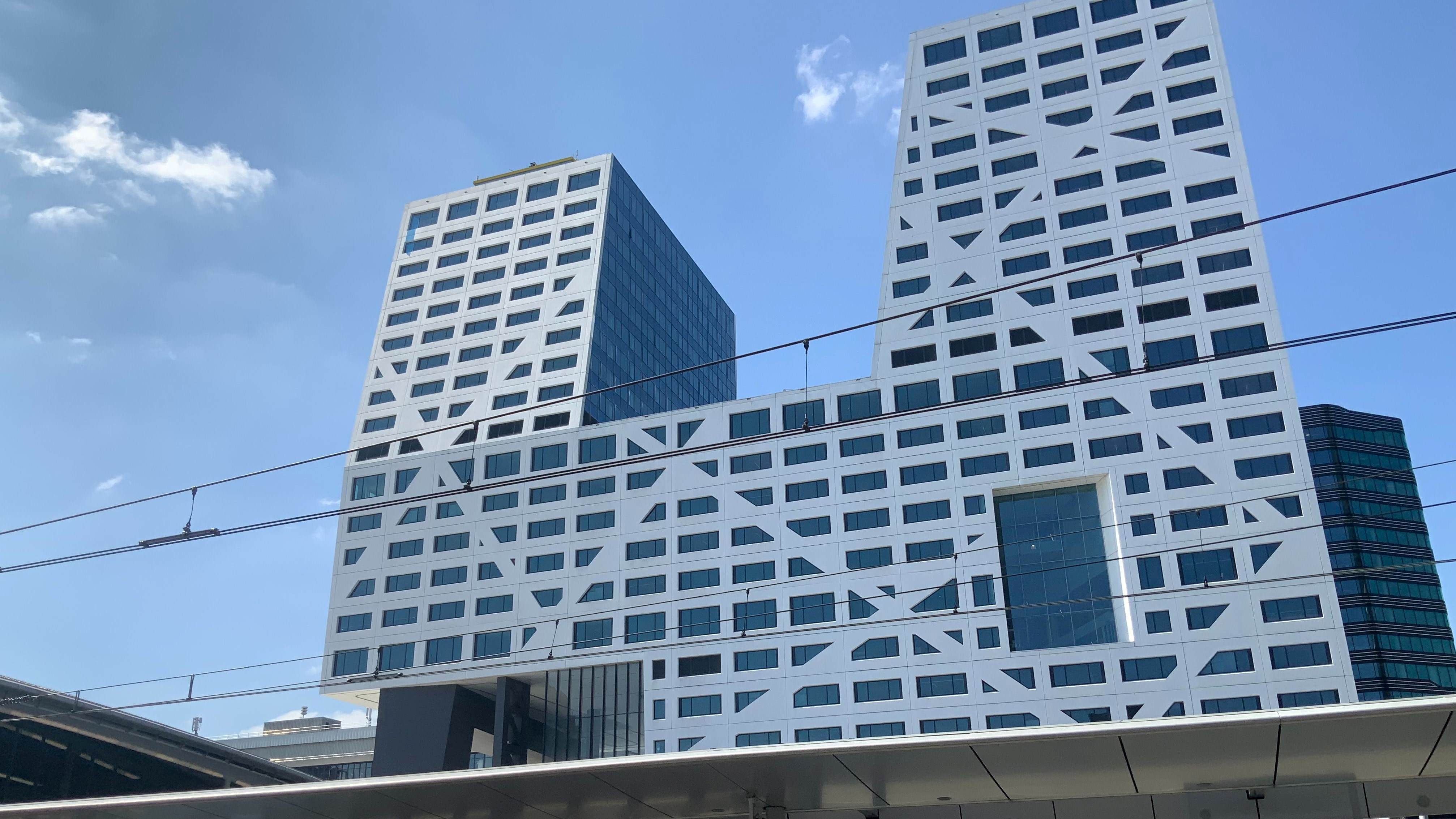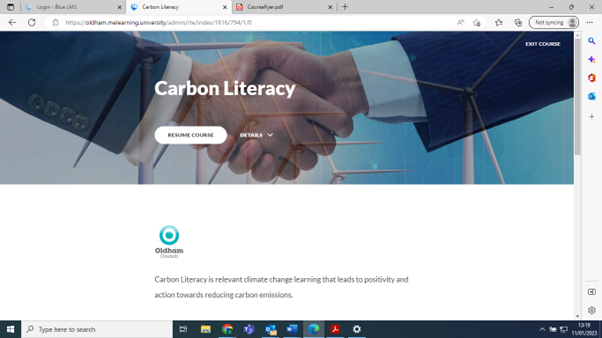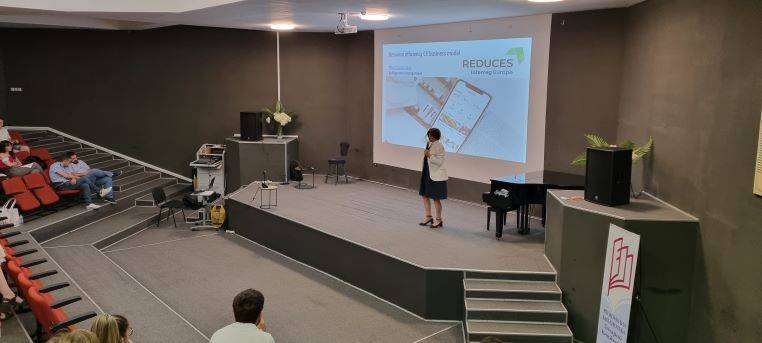Less than three years of work on the REDUCES project has finally led the six partner regions to develop their own regional action plans. In Southwest Finland (SW Finland), the action plan focuses on promoting the development of circular economy business and, in particular, on supporting expertise of small and medium-sized enterprises in the green transition. The aim is to strengthen circular economy expertise in the region and to promote innovation and product development.
The action plan is based on two regional instruments which will be used to promote and develop the objectives set. The key instrument is the Southwest Finland Regional Program 2022 - 2025, whose vision of a carbon-neutral pioneer in clean solutions, innovation and sustainable growth aims to multiply the province's competitive potential and ability to innovate through cooperation between universities, secondary schools, companies, the public sector and civil society. An essential goal is also to make the bio- and circular economy a profitable business for the region.
Another instrument guiding the action plan is the ERDF program. In the new program period (2021 - 2027), energy efficiency measures and the promotion of a circular economy will play an increasingly important role. The key objective of both instruments is to increase circular economy expertise in the region and to better anticipate skills needs.
More support for SMEs to green transition
According to the regional status quo review carried out in the REDUCES project, three out of five industrial companies in SW Finland report that the circular economy is part of the company's business and half of the companies sell their own waste or by-products to other players. Smaller companies have a shortage of resources to promote a circular economy, but some micro and small enterprises have emerged to meet the challenges and opportunities offered by a circular economy.
Increasing the support services of the green transition and the circular economy is one of the key measures in the SW Finland Action Plan. An essential part of the operating model to be developed is a strong network of higher education institutions and the harnessing of the expertise of universities of applied sciences (UAS) for the use of companies in the regions. In SW Finland, Turku University of Applied Sciences is responsible for assembling the network to be created, and the aim is to eventually build a nationwide UAS network, through which circular economy support services and know-how would be available throughout Finland. Funding for the implementation of the measure will be sought from Sitra's circular economy program, and the measure will be implemented together with Lapland University of Applied Sciences and LAB University of Applied Sciences.
Another measure to increase the competence and support of companies is the development of a thermal energy competence center and the research, development, innovation and expertise environment. The key measures are to develop research-based operating models and the development, implementation and, in particular, sharing of research, piloting and learning environments between key stakeholders. The long-term goal is to gradually create a competence center and competence network for thermal energy storage in Turku and SW Finland region. Expertise in thermal energy storage could become a strength of the region and thereby create new business and promote opportunities for companies to commercialize innovations and develop products.
Measuring and highlighting the effectiveness of circular economy projects
The circular economy is one of the main development targets for both the regional program and the new ERDF funding period. The third measure aims to better measure and identify the business potential and effectiveness of circular economy related projects in SW Finland. The need for the measure stems from a study carried out by the University of Turku at the request of the Regional Council of Southwest Finland to improve the transparency and effectiveness of regional ERDF funding. The measure will develop an electronic evaluation tool for ERDF-funded circular economy projects, and the information obtained through the evaluation will be utilized e.g. improving project application criteria and possibly selection evaluation to increase the effectiveness of projects.
Most of the planned measures are already underway and being prepared, but the full regional action plan is scheduled to be finalized and officially published by the end of May 2022. After this, the active phase of the REDUCES project ends and the project partners follow and monitor the implementation of the actions and share the best lessons between the regions. In SW Finland, the goal is to better identify the potential of the circular economy, provide support for its development and promote know-how in the green transition.
Jenni Suominen, REDUCES content manager
Turku University of Applied Sciences











